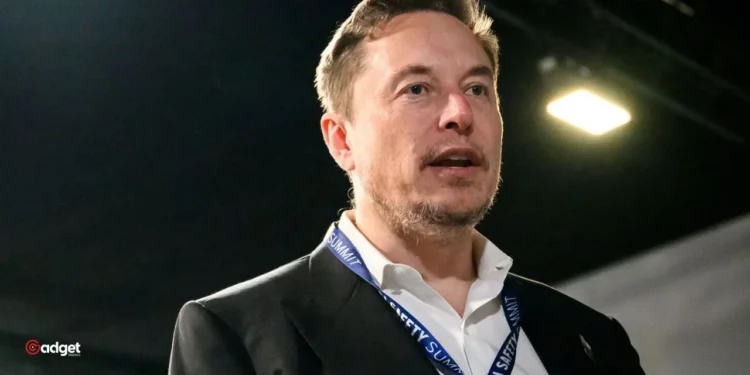Elon Musk, the figurehead of Tesla, finds himself at the center of a legal labyrinth that promises to impact the company for years to come. The controversy stems from Musk’s hefty compensation package, which has already triggered multiple lawsuits and widespread criticism. As Tesla approaches its annual shareholders meeting, the spotlight intensifies on the pending shareholder vote concerning Elon Musk’s compensation and Tesla’s proposed incorporation move to Texas.
The stakes are high, with many shareholders mistakenly believing that the upcoming vote will resolve the ongoing disputes. However, the reality suggests a more protracted battle ahead. If the shareholders endorse the package again, it will likely fuel the ongoing appeal process, rather than bring an end to the controversy.
Elon Musk’s ambitious 2018 compensation plan, which promised him potentially billions based on market cap milestones, was struck down by Judge Kathaleen McCormick, citing governance lapses and conflicts of interest among Tesla’s board members. This ruling has opened the floodgates for further scrutiny and litigation, challenging Tesla’s corporate governance standards.
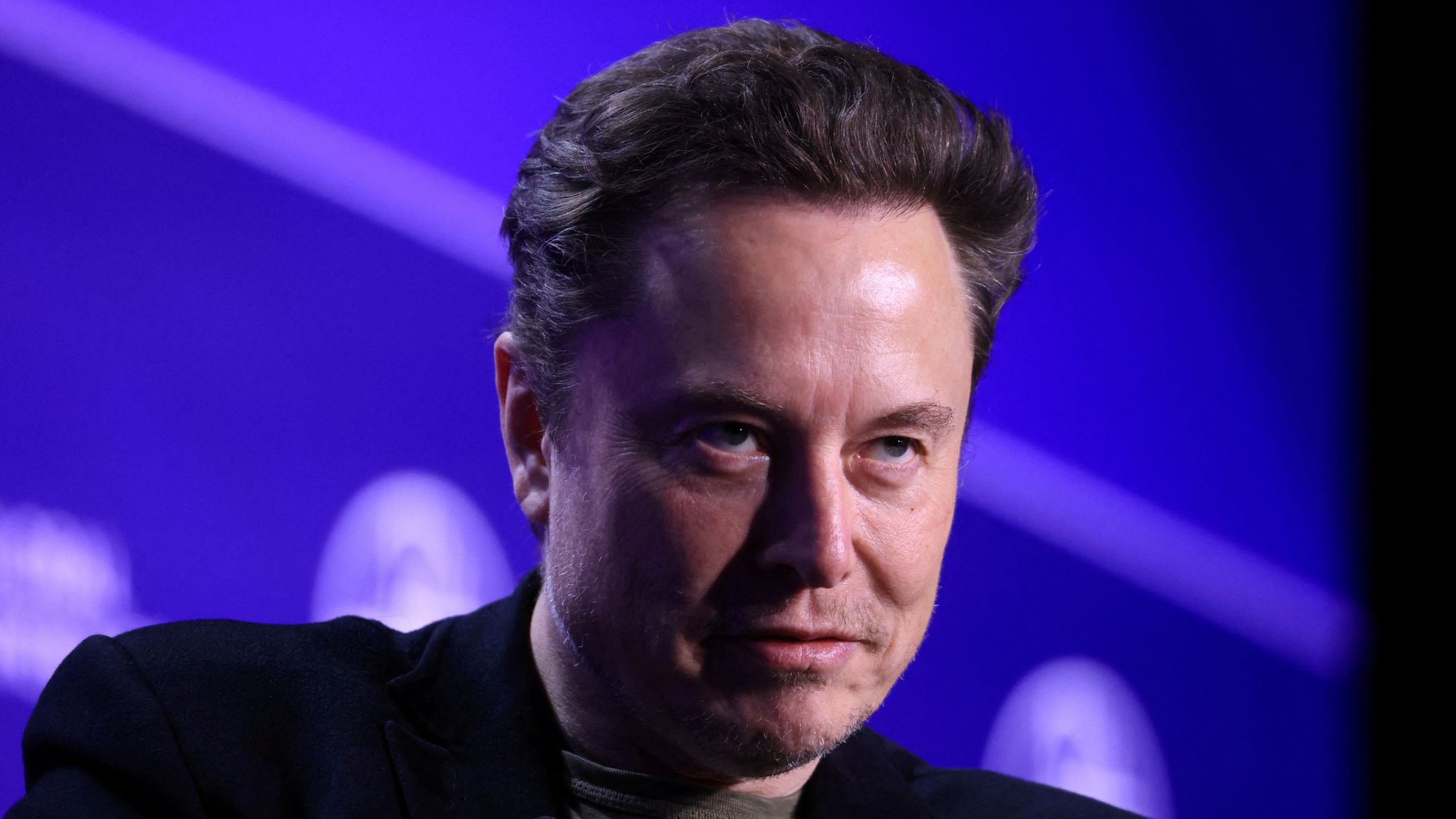
A Closer Look at Tesla’s Governance and Legal Challenges
The controversy extends beyond the compensation package to include serious allegations of insider trading and breaches of fiduciary duty by Tesla’s board members. These issues cast a long shadow over the company’s governance practices, with potential repercussions for its future leadership and strategy.
The narrative pushed by Musk and his supporters—that the legal challenges are politically motivated—does little to address the underlying issues flagged by the courts. Instead, it seems to deflect from the serious governance deficiencies exposed during the legal proceedings. As Fred Lambert of Electrek notes, “This narrative about the situation being politically motivated is simply an attempt to ignore and divert attention from Tesla’s governance issues.”
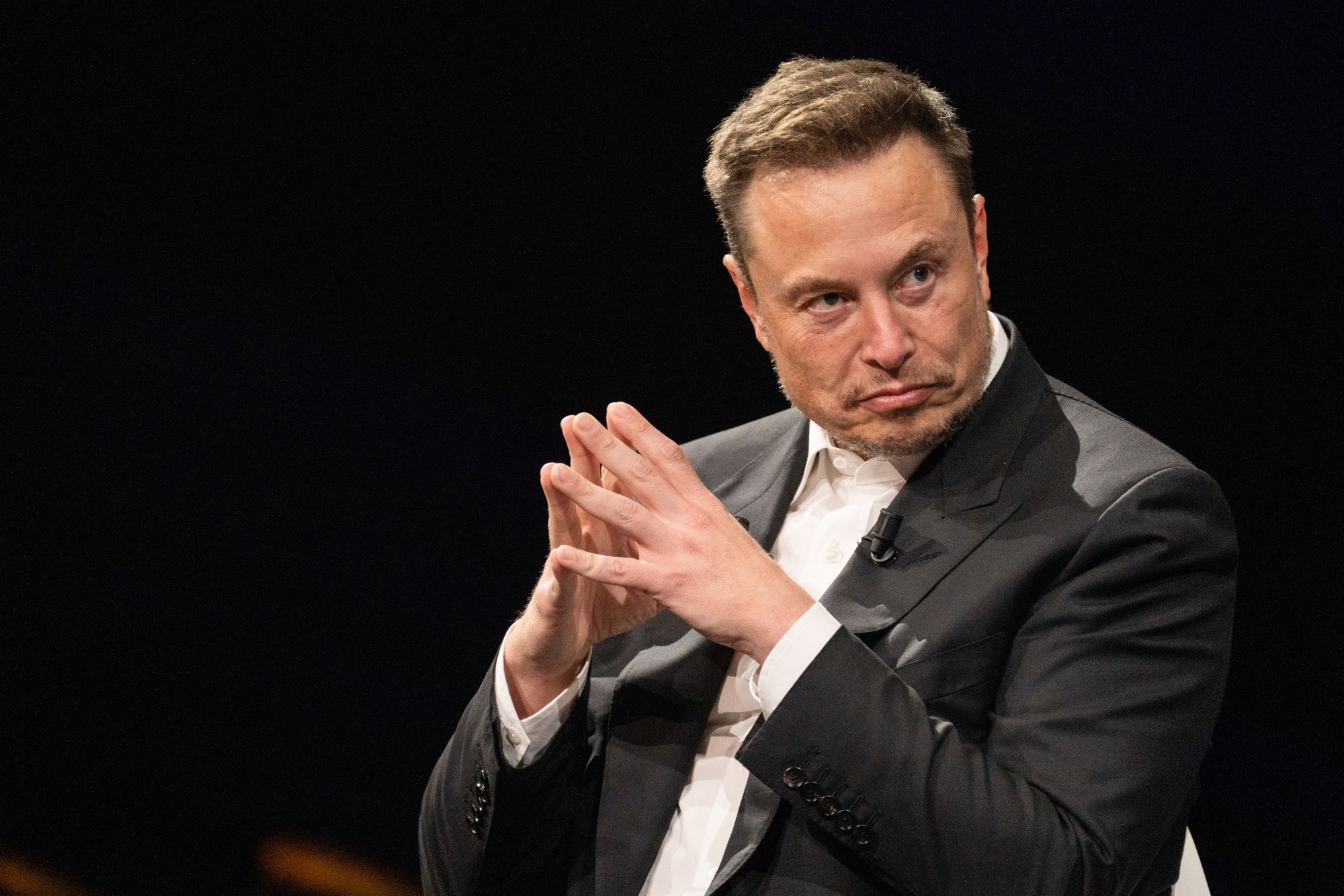
The board’s decision-making process, especially concerning Musk’s compensation, has been criticized for lacking independence and transparency. Allegations that the compensation discussions were not fully independent and involved Elon Musk’s personal lawyer, who also served as Tesla’s general counsel, further complicate the picture. These revelations not only question the board’s impartiality but also highlight the potential conflicts of interest that could influence board decisions to Musk’s benefit.
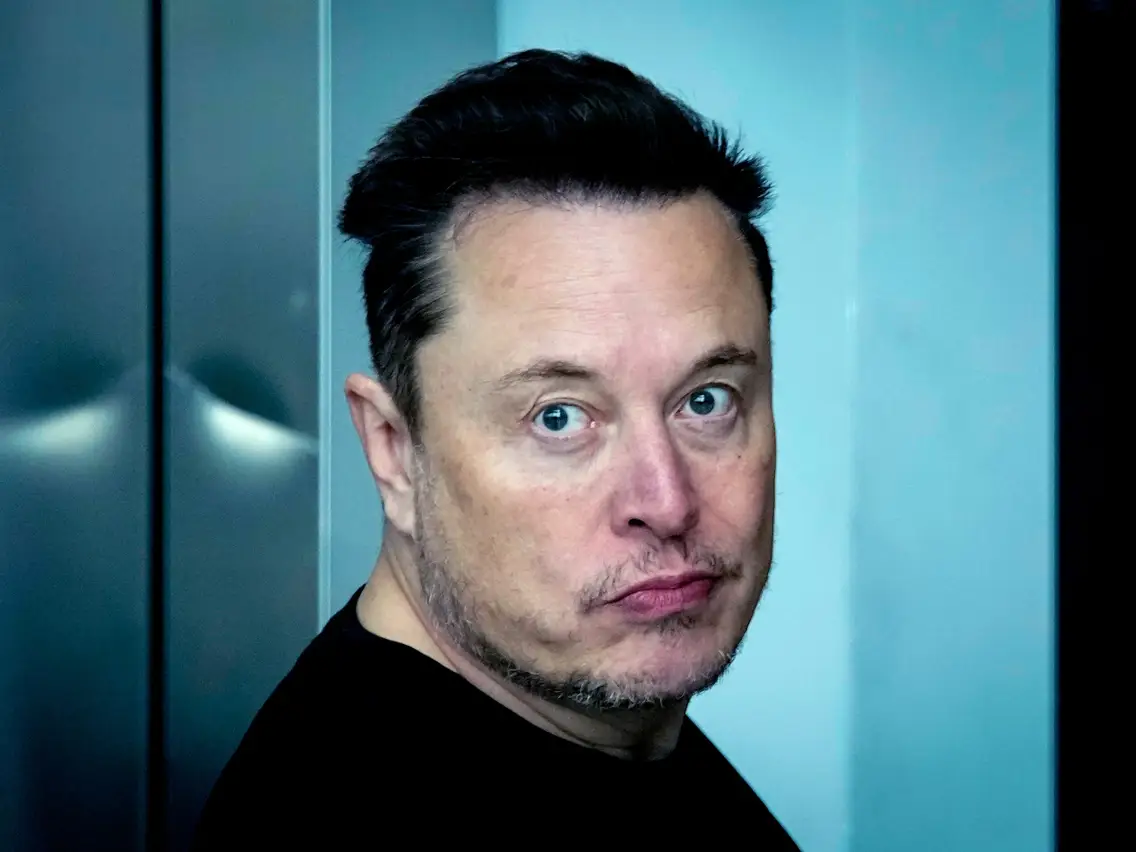
Elon Musk’s Influence and the Future of Tesla
The ongoing legal disputes and governance controversies underscore a pivotal dilemma for Tesla: Can it balance Elon Musk’s visionary leadership with the need for robust corporate governance? Musk’s recent threats to reduce his involvement in Tesla’s AI development if he does not retain substantial control over the company add another layer of complexity to the situation. His significant influence on Tesla’s direction and strategy is undeniable, but this comes with heightened scrutiny and the need for a governance framework that supports sustainable growth and compliance.
As Tesla navigates these turbulent waters, the outcome of the upcoming shareholder votes and the ensuing legal battles will be critical. The possibility of revisiting the compensation deal, this time with a focus on negotiating in good faith and minimizing legal and advertising expenses, presents a path forward. However, this requires a willingness from all parties, especially Musk, to engage in transparent and equitable governance practices.
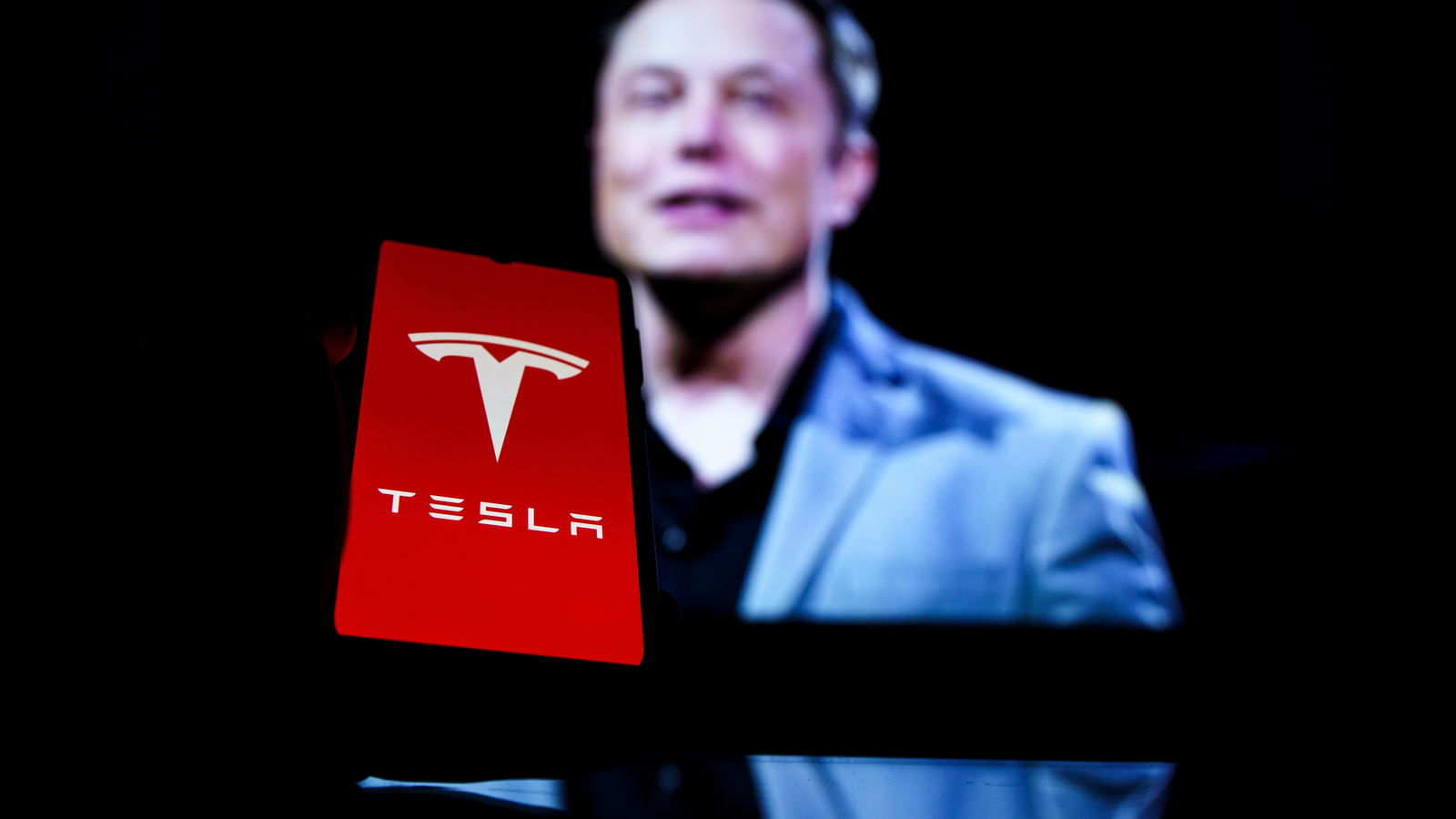
In conclusion, Tesla stands at a crossroads, with its future governance structures and leadership practices under intense examination. The decisions made in the coming months could reshape the company’s trajectory and either solidify Musk’s legacy or deepen the governance quagmire. For Tesla and its stakeholders, the resolution of these issues is not just about a compensation package; it’s about setting the course for the company’s integrity and operational philosophy in the years to come.

